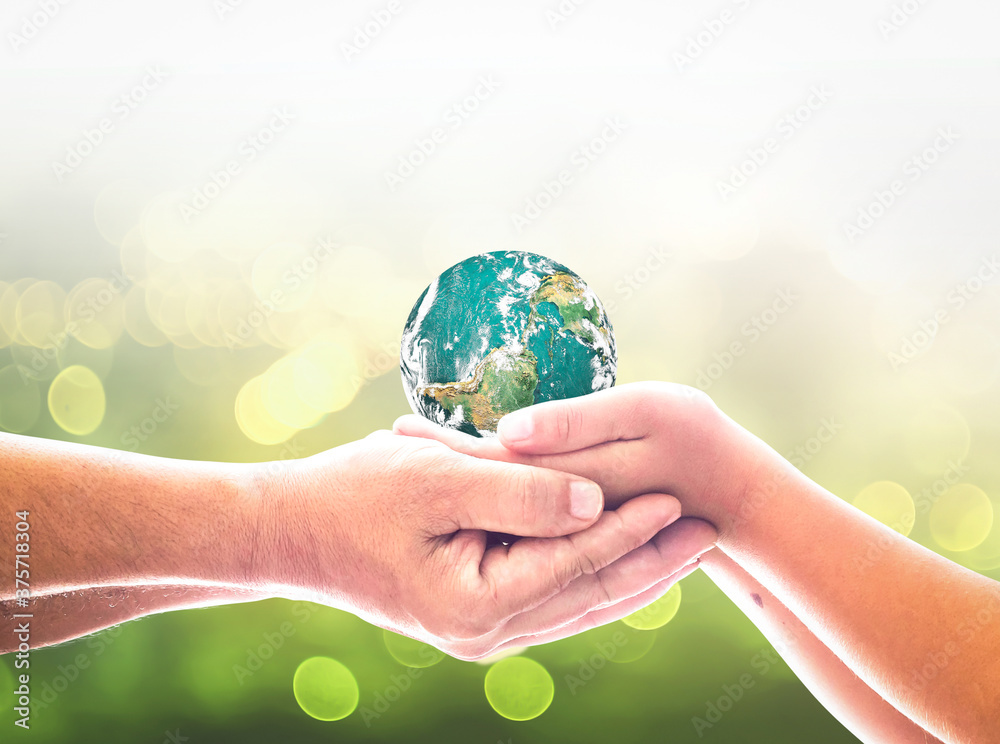
I think one of the major challenges conservation faces is convincing people that it affects them on a personal level. Because we are being equipped to do much more than protect elephants (no disrespect to the elephants). We are being given the tools to assess water quality. Is the water you’re giving your children clean? Why or why not? How do we keep it clean? We are learning how to protect communities from drought, flooding, extreme heat and cold. It is not solely about protecting animals, it is about protecting us.
If you read my article on climate change, in my interview with Dr. Hupp, her response to the question of why we should care about climate change was that if you care about people, then you must take action. Conservation is just as much about protecting people as it is ecosystems and animals.
We have become so far removed from the natural world that we forget that every single thing we have ever owned or has ever existed has been provided by the raw materials of our environment. It baffles me that we neglect the very thing which gives us literally everything we know. The metals in our cars and phones are harvested from the Earth, our medicines come from the fibers and compounds of plants and fungi. We think we own these things, but they were given – or taken – from our environment. We are not in a position to believe that we can separate ourselves from the destruction of our planet. If she goes, we’re going with her.
That is an overwhelming concept, so that is why we focus on the individual aspects that we can understand and control. How do we protect bees and the important role they play as pollinators? Plant more native flowers and use less pesticides. But the conundrum is that someone living in the inner-city will not understand the importance of protecting bees until there are no more fruits and vegetables on the shelves.
How do you make global degradation something that people see in their backyards? How do you make people care enough to change their lifestyles and spending habits? That is the question that I continually find myself asking, for that is the only way to make real systemic change to how we value and respond to our environment.
The more we learn about conflicts in conservation, the more complicated it becomes. Because almost never is a wildlife conflict solely involve the people and the animals. There are inevitably economic, social, and cultural implications that need to be addressed and considered for long-term success. Behind every visible dispute there is a laundry list of other issues that if left untreated will sabotage the best planned conservation efforts. No project is without its controversy or critics. Realistically, the vast majority of conservation projects take years, sometimes generations, millions of dollars, and extensive collaboration. There will always be powers working against you, no matter how well supported you are.
Successes in conservation are hard-won. Emotionally, it can take a toll. But at the end of the day, it is worth it because we are fighting for the most important thing of all: our future.

One response to “Why Should We Care?”
Favorite time of my week!! I love your passion and drive you show in your posts. The way you articulate your thoughts and how engaging you make the articles is inspiring. Can’t wait for the next article. Keep it up. – CJ